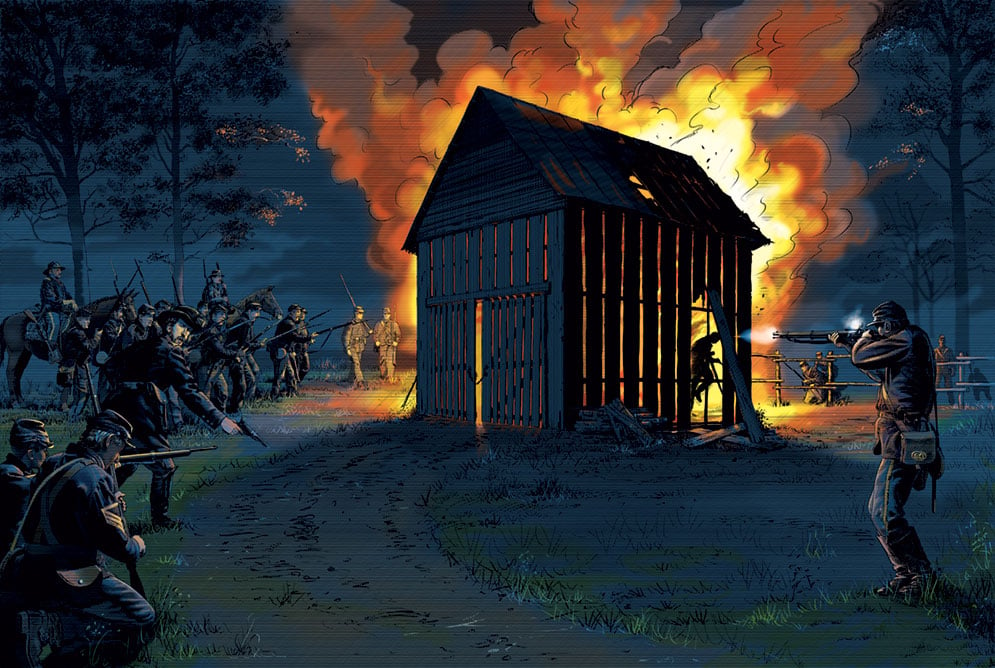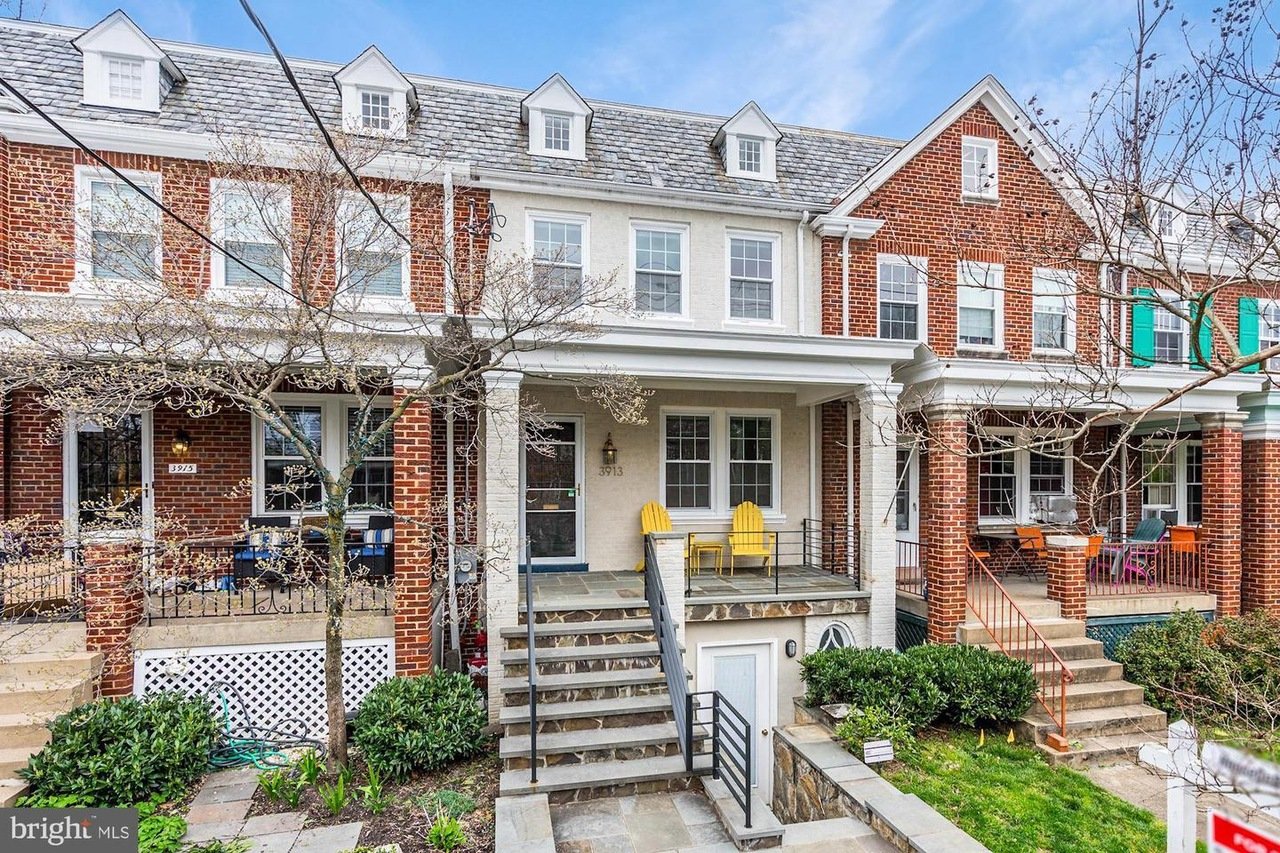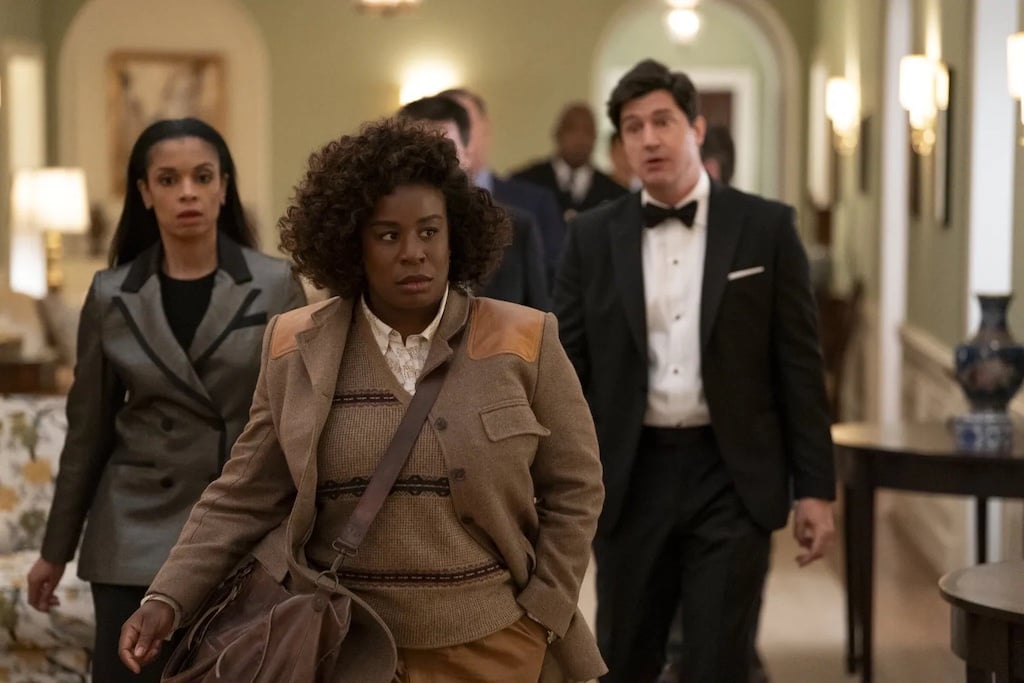For Jamie Finch, the hardest part of losing her 14-year-old mutt, J.J., was seeing her four-year-old daughter, Jane, lie on the floor yelling, “You took away my best friend–I want to go to heaven to see J.J.!” She’d warned her kids before leaving for the vet’s office that J.J. was very sick. “Give her a long hug and kiss in case she passes away,” she’d said. Still, the kids were devastated.
Finch, a stay-at-home mom in Reston, had adopted J.J. from a shelter when the dog was six weeks old. She’d known J.J. longer than she’d known her husband. She’d moved across the country with the dog. “She was my 21st-birthday present to myself,” says Finch, 36. “Just the sweetest, easiest dog.”
When her daughter was afraid to go to sleep at night, Finch would put the 20-pound dog in the girl’s crib to comfort her. In the end, when J.J.’s kidneys were failing, Finch made her special meals and carried her around the house.
“I don’t care what it is or what it costs,” Finch’s husband told her the night J.J. died. “Let’s get on the Internet and find a new dog.”
Most people who have lost a pet hear the question within days: When are you getting another one? For many pet owners, it’s a sensitive subject. We can love our animals as much as we love people. “People will call and say, ‘I didn’t cry this hard when my father died,’ ” says Dr. Stephanie LaFarge, senior director of counseling services for the American Society for the Prevention of Cruelty to Animals. “They’re embarrassed.”
Some, like Finch, start looking right away. Others are so distraught they say they’ll never get another pet. Many fall in between.
Frederick resident Eddie Zaslav, whose golden retriever, Honey, died five years ago, got angry when friends quickly brought up the idea of a new dog. He’d been bringing Honey to work with him every day for years, and the dog slept in his bed. Are you serious? he’d think. You can’t just get another dog like it’s nothing. Zaslav would have dreams that Honey was on his floor and find himself getting out of bed to lie next to her.
“When you don’t have kids, a pet can start to feel like your child,” he says. “I didn’t think I’d ever be capable of loving a dog like that again. It felt disloyal.”
A few months after Honey died, Zaslav’s wife, Mandie, convinced him to start looking at puppies. He came home with a six-week-old golden retriever and named him Rudy. Once Rudy arrived, a neighbor’s English Labrador, Cutie, starting hanging around in Zaslav’s front yard. The Lab seemed neglected.
“We have to let her in,” Zaslav told his wife. He got so attached to Cutie that his neighbor let him keep her. Soon Rudy and Cutie had eight puppies, born in Zaslav’s living room.
Clients often ask Silver Spring counselor Robyn Zeiger, whose practice includes dealing with pet loss, how long they should wait before they get a new pet. She tells them there’s no magic number. “If we know a pet has a terminal illness, we go through the grieving even while the pet is alive,” says Zeiger. “Let’s say that person goes out the next day and adopts another dog. An outsider might say, ‘That was quick.’ They don’t realize that pet had been dying for a long time.”
But Zeiger encourages those who lose a pet suddenly to avoid immediately getting another: “If it’s coming out of deep neediness, I’m going to worry more.” Another tip she gives clients is to consider a different breed. If your chocolate Lab dies and you come home with another, you’re more likely to compare them. “It’s healthy to mix it up,” she says.
Jamie Finch’s family had a hard time finding their next pet. An online breeder scammed them, then their new Tibetan terrier attacked another dog and they had to give her up.
In January, they got a Maltese named Pearl. The puppy has fit right in with her new family. Says Finch: “I couldn’t imagine my house without a dog.”
This article appears in the April 2012 issue of The Washingtonian.


















